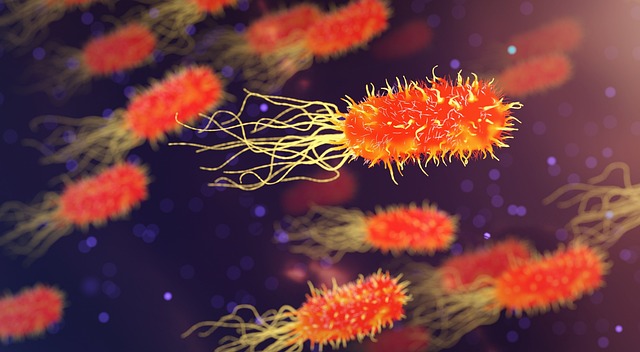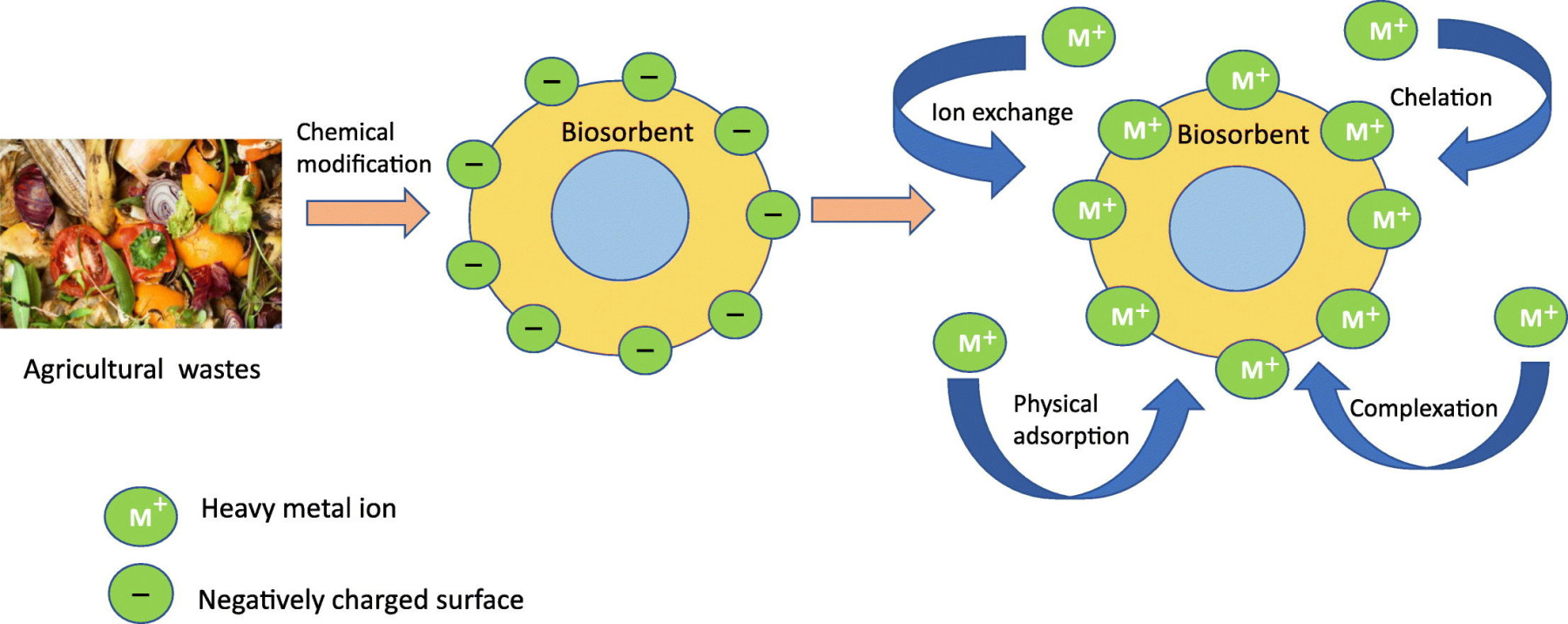 One of the keys to curbing climate change is switching to sustainable energy. That means more solar power, wind turbines, electric cars, etc.
One of the keys to curbing climate change is switching to sustainable energy. That means more solar power, wind turbines, electric cars, etc.
However, there is a major obstacle when it comes to their design and manufacture; they require rare earth metals, like nickel and cobalt, to build.
Acquiring these rare earth metals is dangerous work, with mines harming habitats, the use of carcinogenic (cancer-causing) harsh chemicals to purify them, and the looming shortage as mines begin to run dry.
As such, scientists have been researching the potential for bacteria to be used to extract and recycle these metals in a cleaner, safer way through a process known as biosorption.
What is Biosorption? Why is it Useful?
Normally, rare earth metals are extracted through a long process that involves using dangerous, carcinogenic chemicals in what is known as a solvent extraction process.
 The chemicals used to extract and process the ions must be used in massive quantities due to their limited effectiveness, and their use and disposal are both extremely expensive and environmentally unfriendly. Not only that, but most of the metal is wasted. That is where the biosorption comes in.
The chemicals used to extract and process the ions must be used in massive quantities due to their limited effectiveness, and their use and disposal are both extremely expensive and environmentally unfriendly. Not only that, but most of the metal is wasted. That is where the biosorption comes in.
Biosorption is the process by which certain strains of bacteria naturally convert waste products like metal ions and compounds into nanoparticles of solid metals. They attach to the metal ions, and through a process that is likely meant to detoxify the environment of metal cations, convert them to solid metal.
Bacteria undergo this process naturally, but scientists are searching for ways to genetically engineer them to work more efficiently and target specific metals rather than multiple types at once.
To study this process, scientists mainly targeted bacteria that can process metals in batteries, especially lithium. They found that the bacteria were able to efficiently turn the metal ions into solid lithium, and other strains could process cobalt, manganese, and/or nickel, demonstrating the incredible potential of biosorption in manufacturing.
Looking to the Future
Biosorption will be a part of building a circular economy where metals are efficiently mined, processed, and recycled with as little waste as possible.
More work needs to be done to scale this technology. As a next step, scientists are hoping to demonstrate that the extracted metals can indeed be used in new batteries and devices.
As countries around the world work to push forward a cleaner, more sustainable economy, bacteria may have a larger role to play in the future of manufacturing.
Sources; Guardian, Horsfall Group, Marketplace, Cornell







